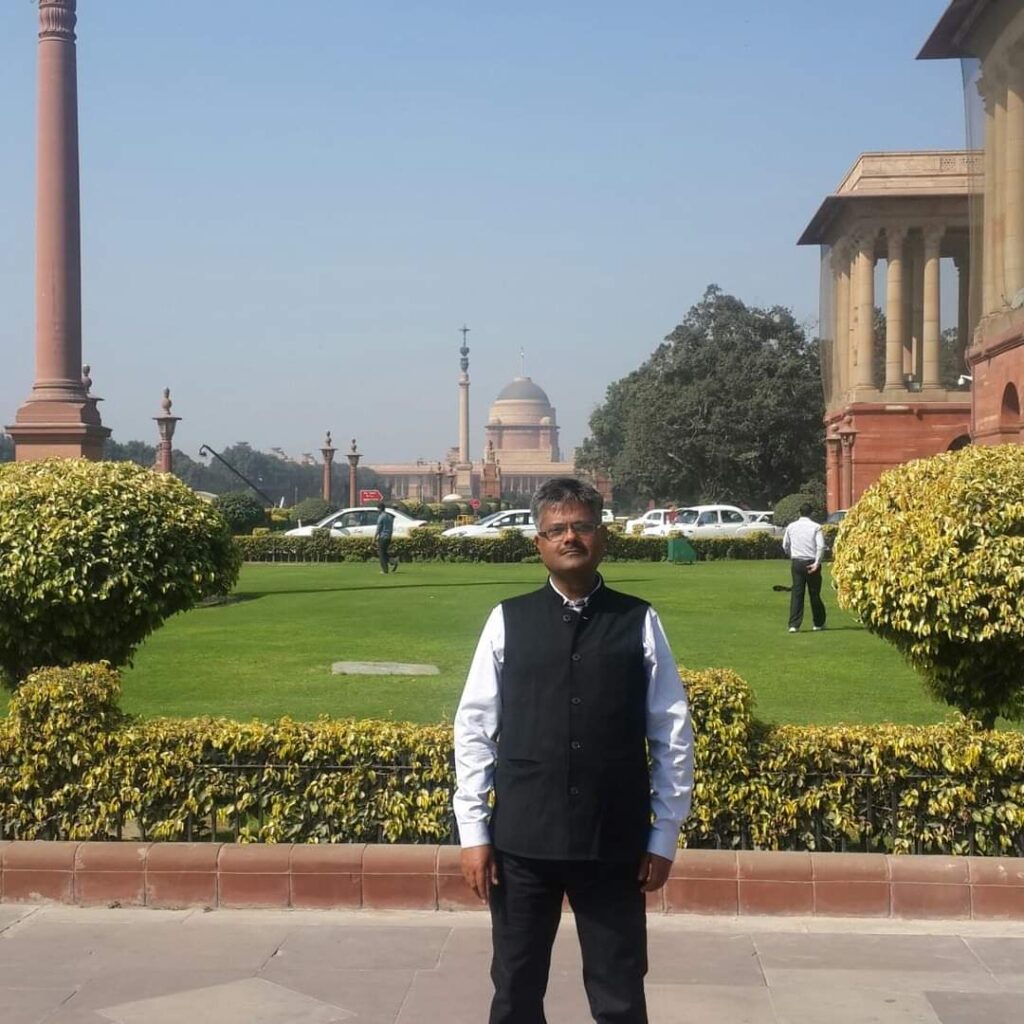Dr. Heera Lal: Transforming Governance with Vision and Integrity
Next Article Facebook Said to Consider Banning Political Ads
The Political Observer Staff
The Political Observer delivers in-depth analysis, breaking news, and expert opinions on politics, policies, and people shaping the world.
Related Posts
Add A Comment
Subscribe to Updates
Get the latest creative news from FooBar about art, design and business.
© 2025 The Political Observer. All Rights Reserved . The Political Observer.


